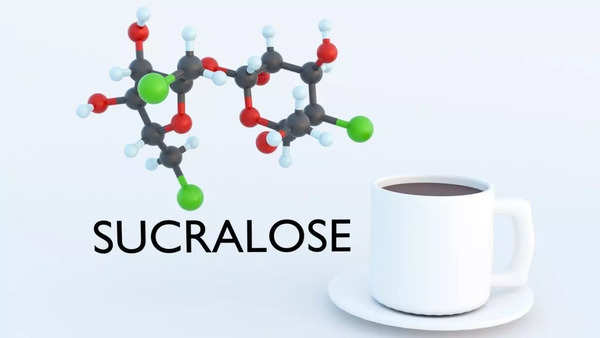Artificial Sweeteners: Friend or Foe?
The Popularity of Artificial Sweeteners
Artificial sweeteners have gained popularity among diabetics and weight-conscious individuals for managing calorie intake and preventing blood sugar spikes. However, a recent study suggests that they may indirectly cause overeating, contributing to obesity instead of preventing it.
- Artificial sweeteners are sugar substitutes with no calories or nutrients
- Added sugar can lead to obesity due to increased calorie consumption
- The American Heart Association recommends limiting added sugar intake
- Artificial sweeteners are often considered effective sugar substitutes
The Hidden Side Effects of Sucralose
Sucralose, commonly known as Splenda, is a popular artificial sweetener found in diet sodas, baked goods, and chewing gum. It is 600 times sweeter than sugar and calorie-free, but a new study reveals some hidden side effects on brain function.

How Your Brain Responds to Sucralose
Previous studies have found a link between calorie-free sweeteners and obesity, but the exact mechanism on how they affect brain and hunger in humans has not been extensively analyzed. The study found that consuming sucralose increased brain activity in the hypothalamus, the area responsible for managing appetite, resulting in increased hunger, especially in people with obesity.
- Sucralose increased connectivity between the hypothalamus and other brain regions linked to motivation and decision-making
- Women experienced greater changes in brain activity compared to men
How Artificial Sweeteners Affect the Brain
Sucralose confuses the brain by providing a sweet taste without the caloric energy, which can change your cravings and eating behavior. “If your body is expecting a calorie because of the sweetness, but doesn’t get the calorie it’s expecting, that could change the way the brain is primed to crave those substances over time,” said Dr. Kathleen Alanna Page, the study’s corresponding author and director of the USC Diabetes and Obesity Research Institute.
Effect of Sugar on Body and Mind
Having added sugar increased blood sugar levels and triggered the release of hormones like insulin and glucagon-like peptide 1 (GLP-1), which helped regulate hunger. However, having sucralose had no such impact on the hormones, which may have led to an increase in hunger. “The body uses these hormones to tell the brain you’ve consumed calories, in order to decrease hunger,” the researcher said. “Sucralose did not have that effect — and the differences in hormone responses to sucralose compared to sugar were even more pronounced in participants with obesity.”



